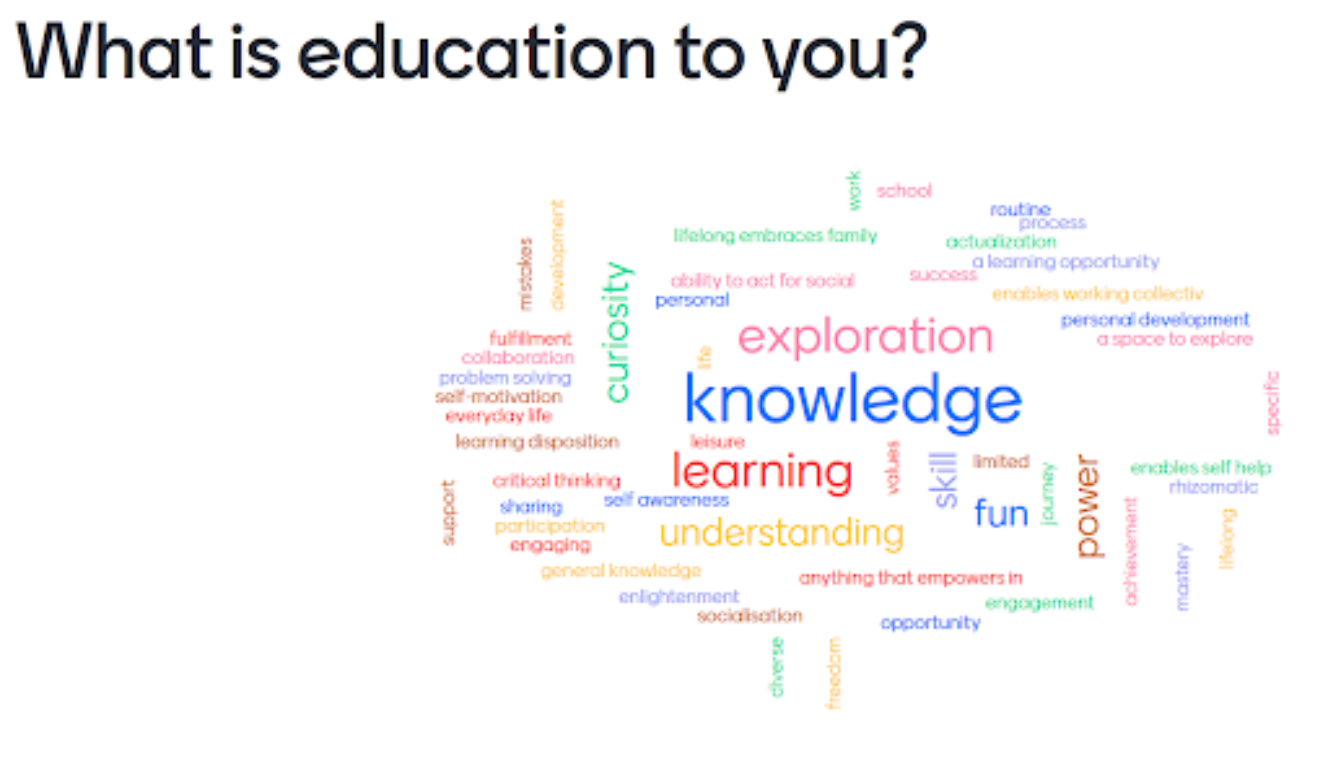

Empowerment and Emancipation Workshop with Guest Speaker Tom Inglis.
02/07/2020
On Monday June 29th Development Perspectives (DP), a Drogheda based development education NGO, and Saolta, DP’s strategic partnership in Adult and Community education, hosted an online workshop taking a critical look at education from the perspective of Empowerment and Emancipation with regard to the United Nations Sustainable Development Goals (SDGs).
Emeritus Professor, and previous director of AONTAS, Tom Inglis was the guest speaker for the evening and delivered an eye-opening and insightful talk on the nature of power in society and education and the relationship between empowerment and emancipation.
Nick Doran, a DP trainer with Saolta, hosted the workshop introducing DP, development education and the SDGs through some online experiential learning activities. Tom then took the participants on an adventure into the world of empowerment and emancipation looking at how power operates at interpersonal, institutional and socio-cultural levels.
He guided the participants through processes of empowerment and how they relate to the self and the betterment of an individual’s position through traditional education and training. ‘Empowerment,‘ he said, ‘involves people developing capacities to act successfully within the existing system and structures of power, within capitalism and the organisations and institutions within it. ’Emancipation,’ on the other hand, ‘concerns critically analysing, resisting and challenging structures of power that create minorities and inequalities.’
While empowerment emphasises the individual, Tom suggests that processes of emancipation are closely linked to community and people learning to act together. They are crucial to clearing a path to enlightenment and freedom, particularly for marginalized and oppressed groups.
Tom also discussed how the processes of adult and community education emphasise the learner and the learner’s needs in a participatory way which traditional education structures often overlook. The role of the learner as an engaged participant in the learning process is key to emancipation. Learners play an important role in guiding the processes of education that work best for them.
Emancipation through this kind of andragogy (adult learning) provides greater understanding of who an individual is in relation to surrounding social, cultural, political and educational power structures. Understanding how those power structures operate in society and culture provides the space then for transformative community action and development education practices.
This is an overview of Tom’s arguments. For more detail you can listen to the Podcast of his talk at: podcast and you can also find Tom’s article entitled ‘Empowerment and Emancipation’ (1997) by Tom Inglis online.
Back to News